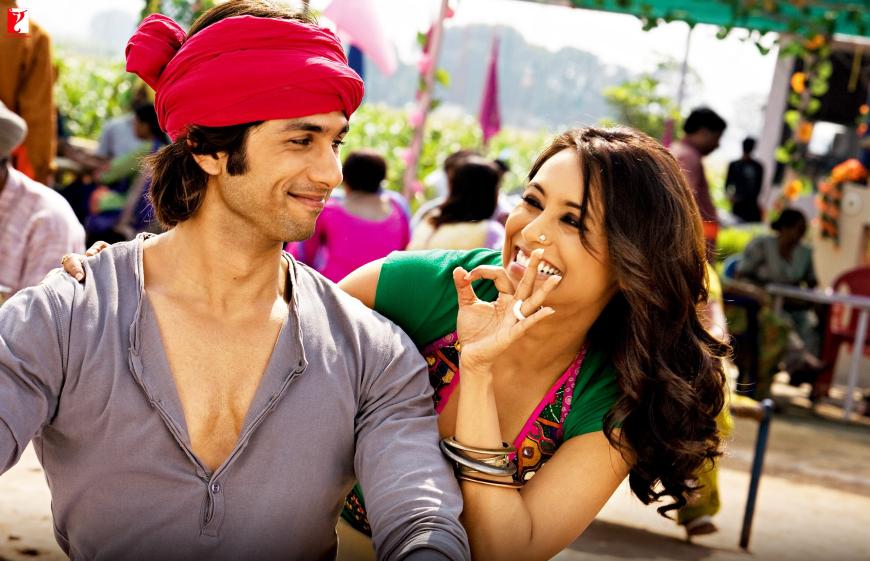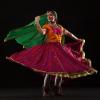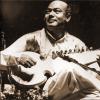
“Ethnic music” has few champions like 3rd i, whose San Francisco International South Asian Film Festival is celebrating its 20th season Sept. 23–25 in the Castro and Roxie Theaters and later streaming online.
Called “Bollywood and Beyond,” the festival’s “beyond” part includes music documentaries (and narratives, indie films, and more) from India, Pakistan, Bangladesh, Sri Lanka, France, the U.K., Canada, and the U.S.
Among the festival’s previous services to expand knowledge about the music of Asia is the feature Jai Ho, about A.R. Rahman “the Mozart of Madras,” a major presence in music across many genres. He is the composer for 120 films, including the Oscar- and Grammy-winning Slumdog Millionaire and the West End hit musical Bombay Dreams.
His works have been performed by the London Philharmonic and other orchestras, and he has also won a BAFTA Award, a Golden Globe, four National Film Awards, 15 Filmfare Awards, and 13 Filmfare Awards South, in addition to numerous other awards and nominations.
For examples of Rahman’s work, start with this recent performance of “Khwaja Mere Khwaja” from the film Jodhaa Akbar.
Two music films in the 2022 festival will screen in the Castro Theatre on Sept. 24: Mutiny: Asians Storm British Music, about the Asian underground movement in English rock, with the participation of filmmaker Vivek Bald in a Q&A session; and Anurag Singh’s Bollywood film Dil Bole Hadippa! (The heart says hurrah), starring Rani Mukerji and Shahid Kapoor, playing at the festival’s evening show, “3rd i’s Bollywood at the Castro.”
A free offering from the festival is a streaming of short films on Oct. 6; no registration or ticket is required to view.
The festival’s opening film, on Sept. 23 in the Roxie Theater, is Ravi Kapoor’s Four Samosas, taking place in “Little India” in Artesia, CA, and tapping into the customs and food in the area.
As to the organization’s name, it’s more than just a reference to the third eye — the ajna (or brow) chakra — symbolizing a state of enlightenment in Indian spiritual traditions,.
Festival Artistic Director Ivan Jaigirdar explains: “Our name, 3rd i, came from different areas of thinking, but one was, of course, for internal reflection. But it was also for aspects of a third gender, third cinema, third world. So it had a playful meaning around the idea of third eye, but from a more sort of constructive and critical perspective, too.”



